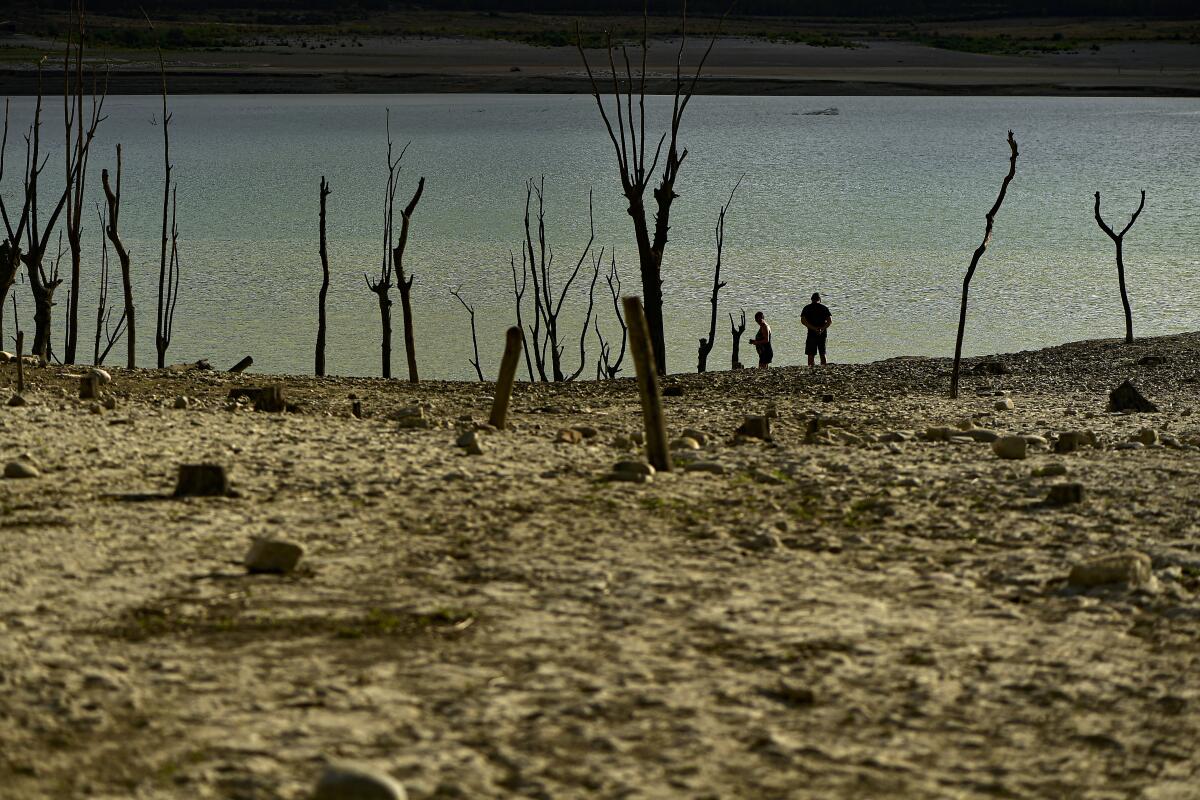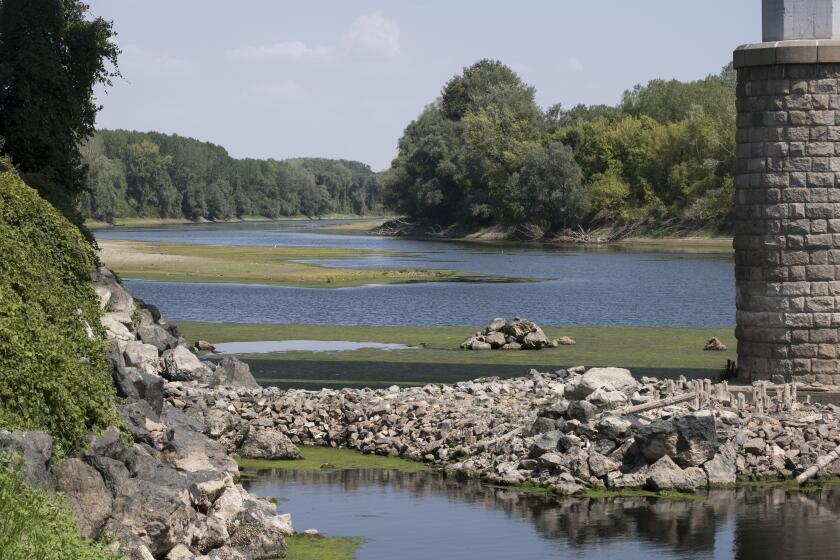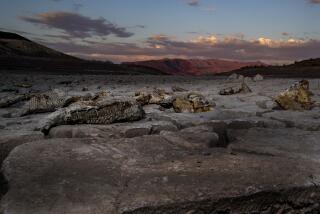Climate change made this summer’s droughts around the world 20 times more likely, study finds

Droughts that struck three continents this summer — drying out large parts of Europe, the United States and China — were made 20 times more likely by climate change, according to a new study.
Drought dried up major rivers, destroyed crops, sparked wildfire, threatened aquatic species and led to water restrictions in Europe. It struck places already plagued by drying in the U.S., like California and the West, but also places where drought is more rare, like the Northeast. China also just had its driest summer in 60 years, leaving its famous Yangtze River half its normal width.
Researchers from World Weather Attribution, a group of scientists from around the world who study the link between extreme weather and climate change, say this type of drought would normally happen only once every 400 years across the Northern Hemisphere if not for human-caused climate change. Now they expect these conditions to repeat every 20 years, given how much the weather has warmed.
Ecological disasters like the widespread drought and then massive flooding in Pakistan are the “fingerprints of climate change,” said Maarten van Aalst, a climate scientist at Columbia University and a co-author of the study.
“The impacts are very clear to people and are hitting hard,” he said, “not just in poor countries, like the flooding [in] Pakistan .... but also in some of the richest parts of the world, like western central Europe.”
To figure out the influence of climate change on drying in the Northern Hemisphere, scientists analyzed weather data, computer simulations and soil moisture throughout the regions, excluding tropical areas. They found that climate change made dry soil conditions much more likely over the last several months.
Europe is facing one of its worst droughts ever, as rivers dry up, farms go fallow and vineyards roast.
This analysis was done using the warming the climate has already experienced so far, 2.2 degrees Fahrenheit, but climate scientists have warned that the world will get warmer, and the authors of the study accounted for that.
With an additional 1.44 degrees of warming, this type of drought will happen once every 10 years in western central Europe and every year throughout the Northern Hemisphere, said Dominik Schumacher, a climate scientist at ETH Zurich, a university in Switzerland.
“We’re seeing these compounding and cascading effects across sectors and across regions,” Van Aalst said. “One way to reduce those impacts [is] to reduce emissions.”
More to Read
Sign up for Essential California
The most important California stories and recommendations in your inbox every morning.
You may occasionally receive promotional content from the Los Angeles Times.











